Clutter takes up space in your home, making it look and feel smaller. It can also be stressful, so if you want to live a simpler, more minimal life, consider donating or selling these 19 unnecessary items.
Excess Kitchen Gadgets

Duplicate utensils and appliances occupy your kitchen cupboards and drawers, so consider donating them unless you regularly use them when cooking. Broken gadgets, like rarely used blenders, can be taken to a local recycling center.
Bathroom Linens and Products

Over time, your bathroom cabinet can become cluttered with rarely used or expired products. Take the products, towels, and linens you don’t use and put them into different piles, one to donate and one to toss. This will leave you with neatly stored essentials that the Spruce notes will look more attractive and be easier to use.
Paper Office Supplies

In the modern office environment, physical documents and paperwork are less needed, so shredding or recycling older, unused piles of paper will free up space on your desk and in your drawers. Important files can also be scanned and stored on your computer.
Book Collection

Having an impressive book collection behind you is a popular look when making a Teams or Zoom call. However, if your collection is getting out of hand, you can donate books you won’t read again and streamline your collection to your favorites.
Sentimental Items

Sentimental items can be emotional reminders of cherished people and times in your life, but they often accumulate over time and get out of hand. Focus on items with the most significant emotional value and keep them in a small, designated space.
Reduce Kitchenware

Extra dishes, cups, and silverware that are rarely used and taking up space in your cupboards and drawers can be donated or sold. This will free up more space for the kitchenware you regularly use.
Digital Clutter

Digital clutter, such as endless promotional emails and rarely used apps sending regular notifications, can make using your smartphone or laptop stressful. Unsubscribe from promotional emails and newsletters and gradually delete them to streamline your email and make it easier to find important messages.
Simplify Your Décor
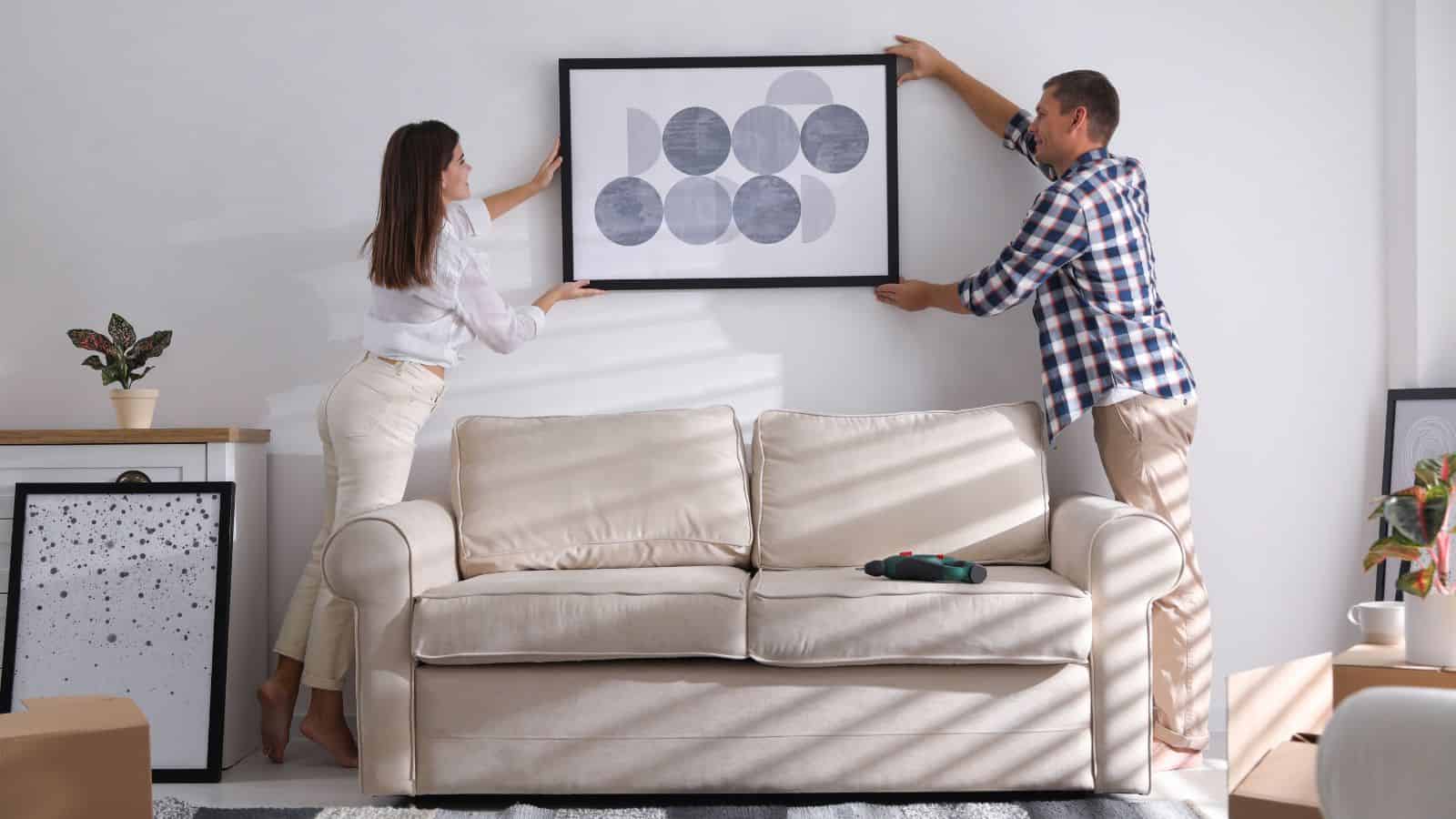
Livspace argues, “The litmus test for determining if a space is over-decorated is if you walk in and feel overwhelmed.” If your living room or bedrooms feel cluttered, remove excessive non-functional items to reveal more floor and shelf space.
Clear Out Your Garage
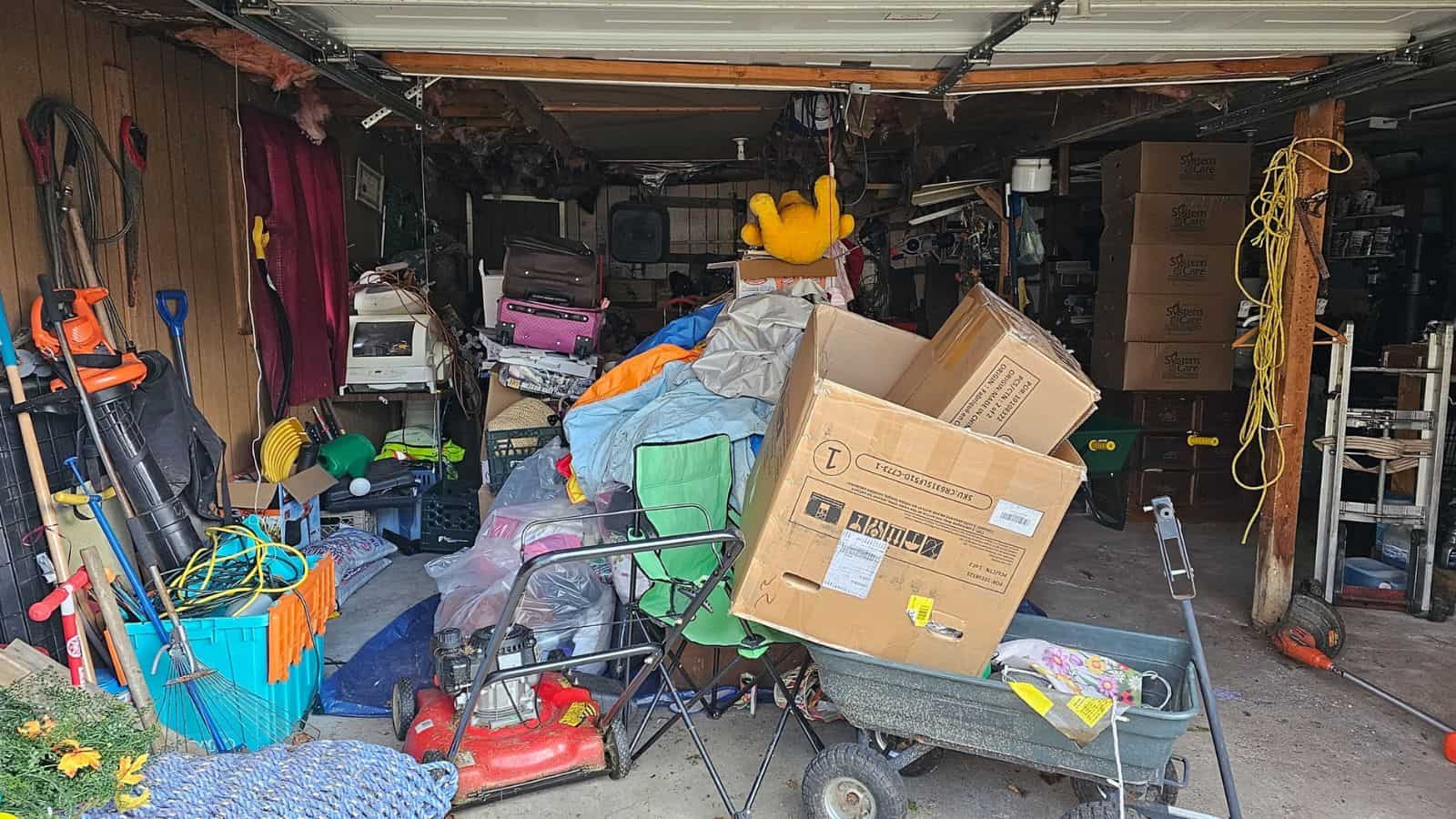
Garages, like attics, often become dumping grounds for old tools, toys, and sports equipment. Take the time to separate items in your garage into “keep,” “donate,” and “toss out” piles, and gradually work through them.
Excess Hobby Supplies

Some hobbies require more supplies than others, which can build up over time as your interest deepens. Donating or selling old items from past and current hobbies and storing supplies you regularly use in a designated space will declutter your home.
Newspapers and Magazines

Reading paper newspapers and magazines offers a tactile experience that your laptop and phone can’t provide. However, they can quickly pile up in your living room as you set them aside to be read later before forgetting about them. Switch to digital subscriptions for the papers you read less often to cut down on excess waste paper.
Declutter Your Wardrobe
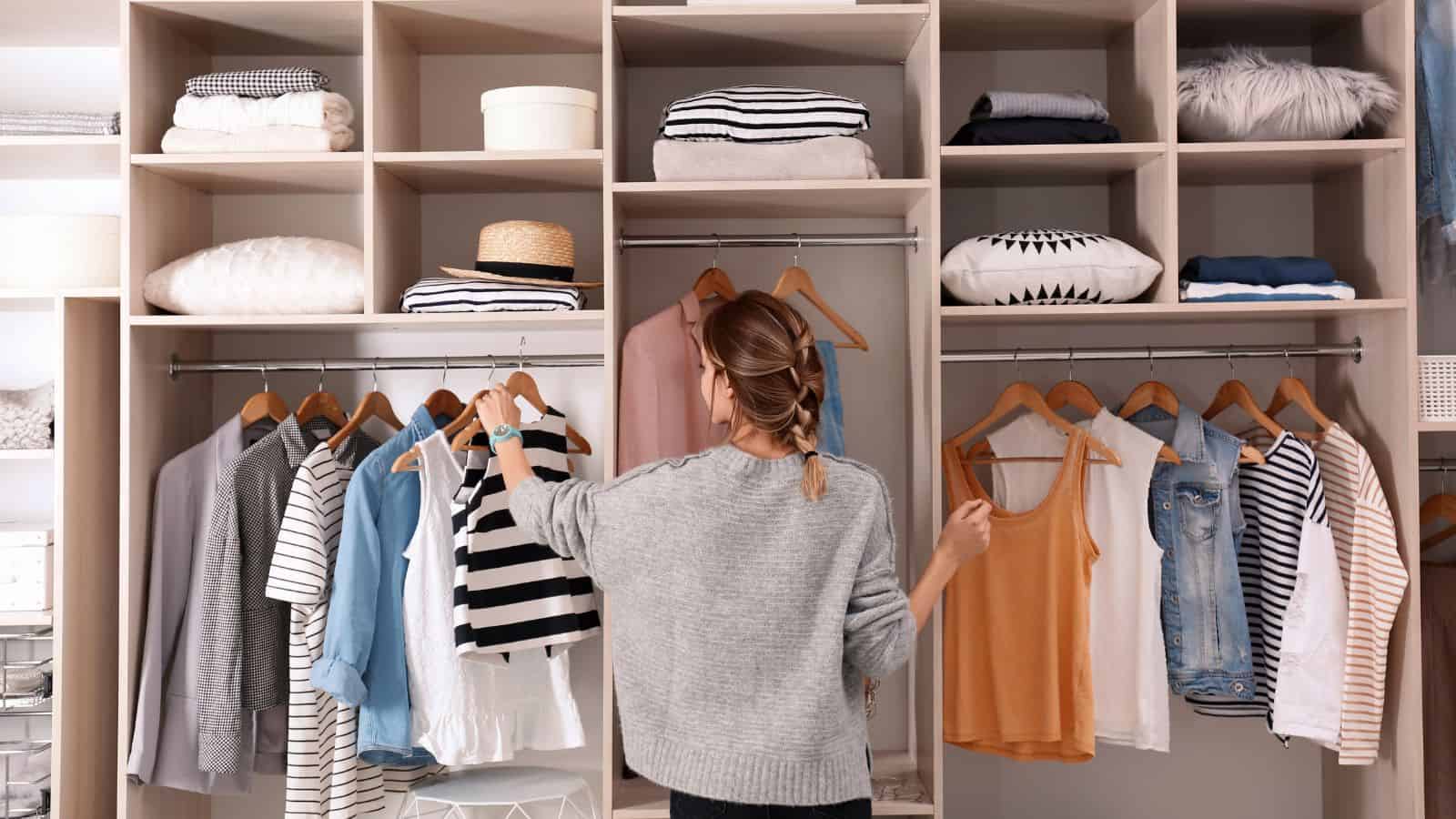
Good Housekeeping explains that organizing your wardrobe “will undoubtedly involve a clear out of clothes that no longer fit or you no longer love.” Selling these clothes can be a good way of decluttering while making money.
Rarely Used Pantry Items
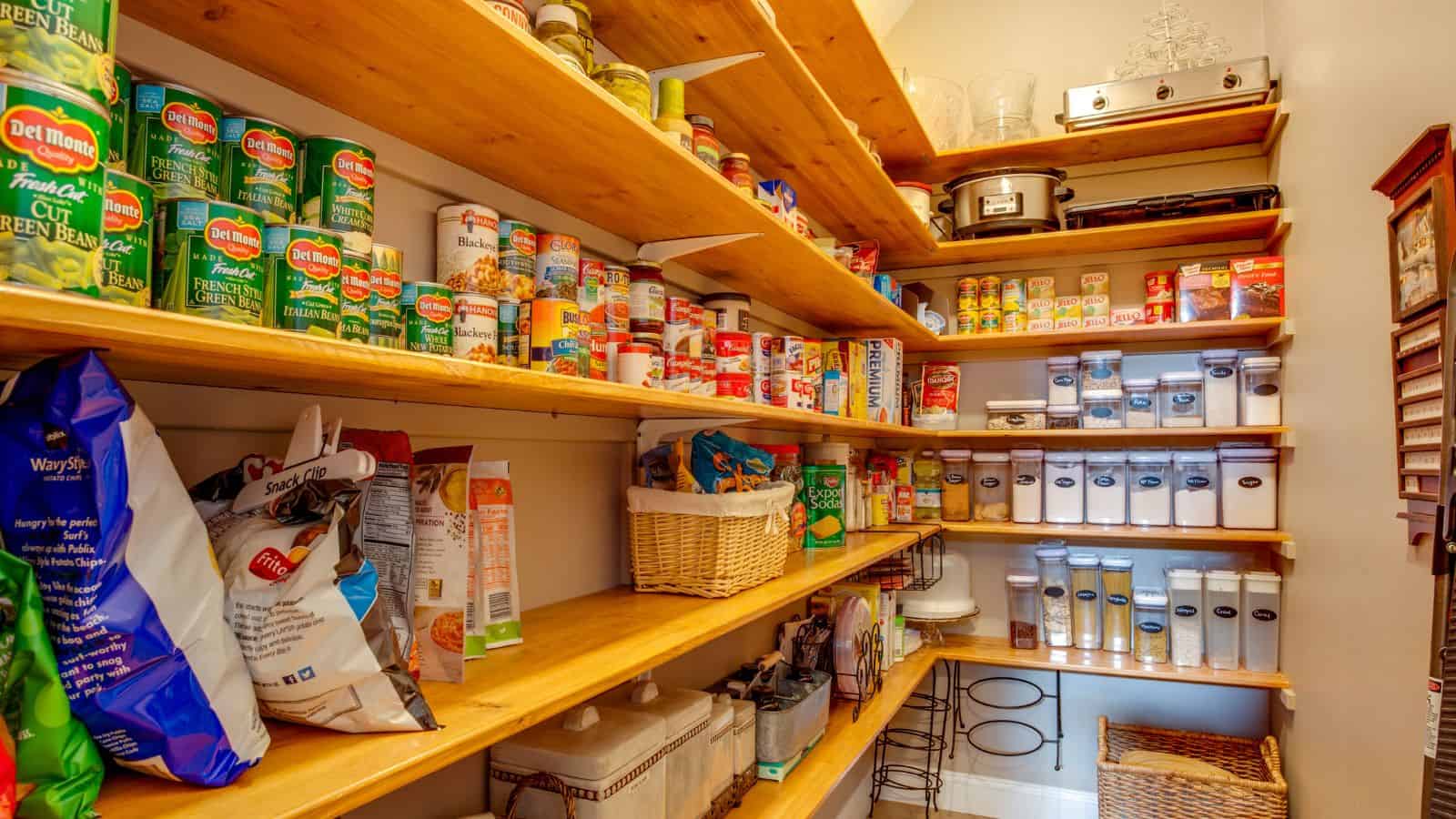
Pantries often become cluttered with unopened cans, jars, and packs of pasta. Go through your pantry and discard any expired food items. Those that are in date but unlikely to be used can be donated to a food bank.
Tech Gadgets
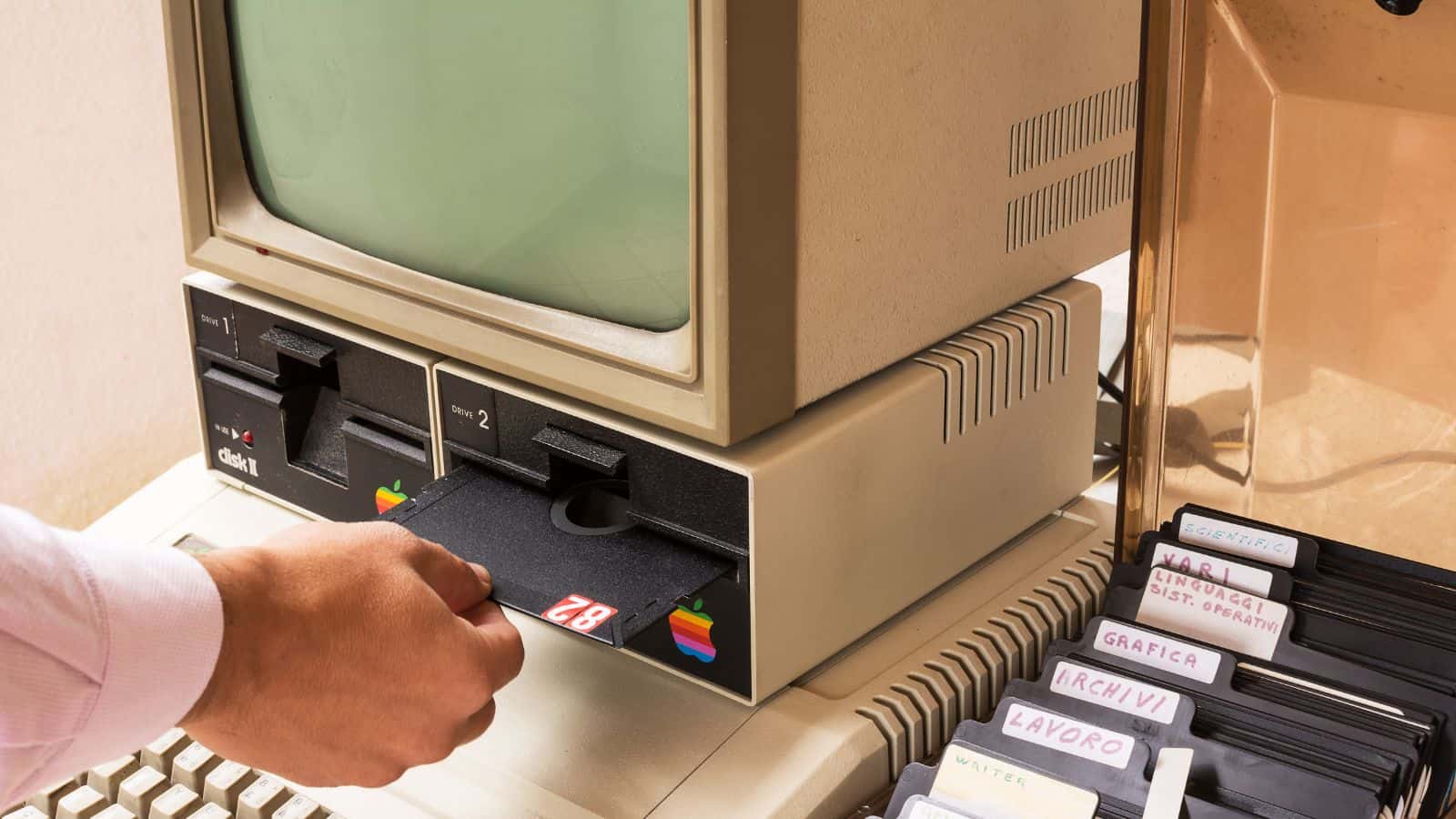
Outdated and unused electronics like phones, PCs, speakers, and printers often accumulate over time and clutter attics, basements, and garages. Keep your essential and regularly used devices, and sell or donate the rest. Cords and accessories can be organized in a drawer to make them more accessible.
Children’s Toys
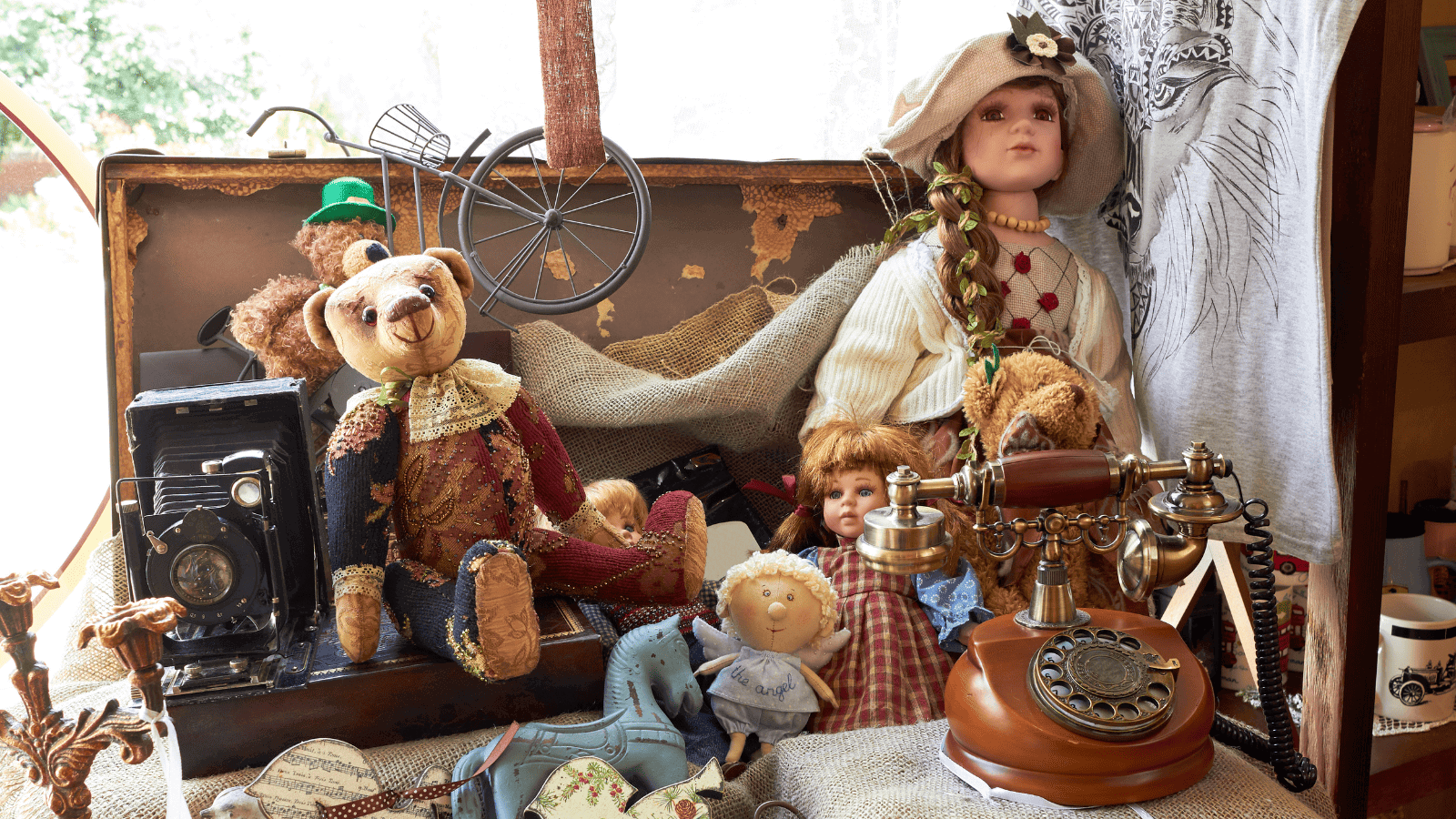
Parents often accumulate a large number of toys as their kids grow up. When they’re older, most of their toys that don’t have a strong sentimental value can be donated or given to families with young children.
Craft Supplies
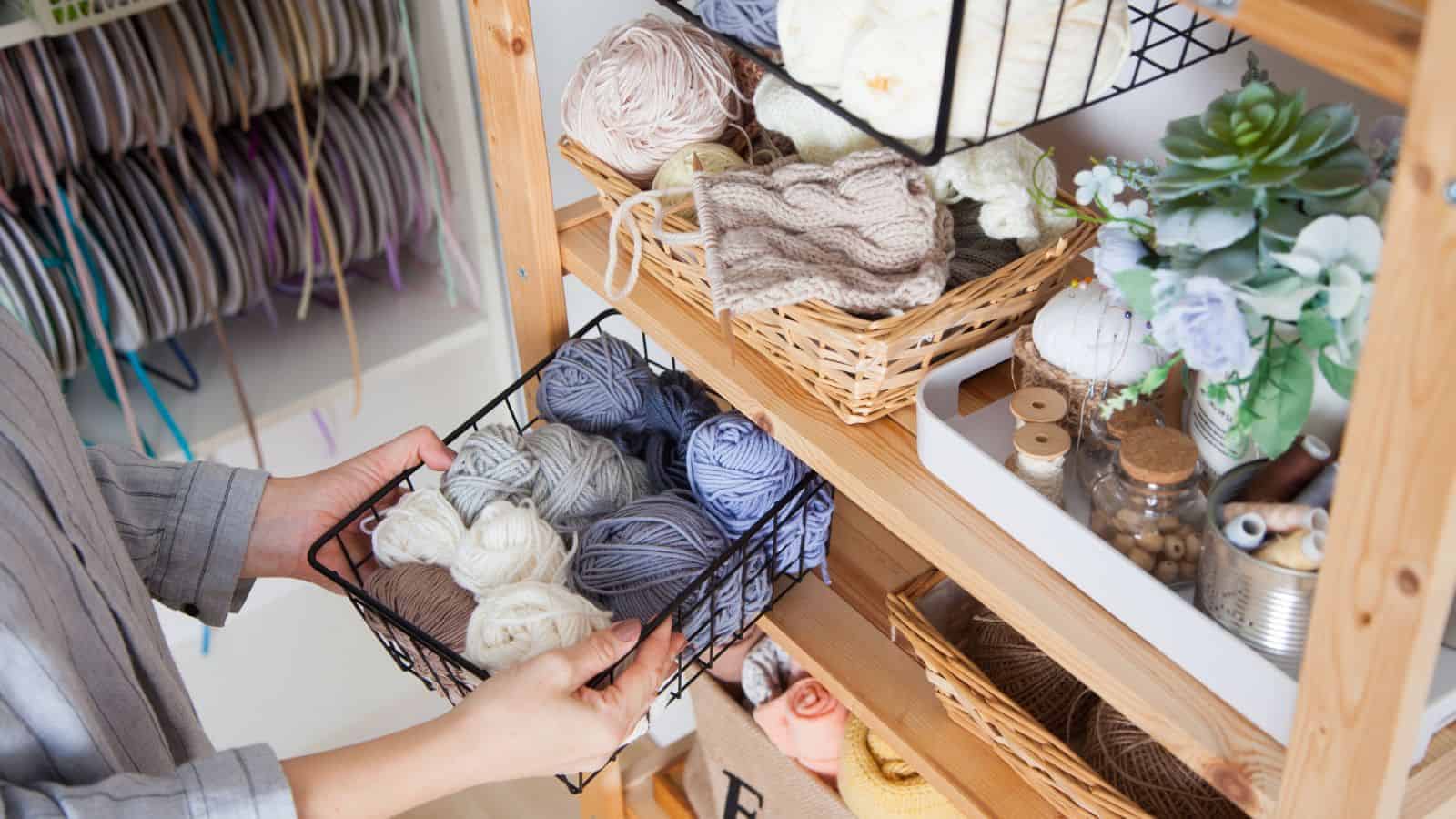
Rarely used craft supplies often collect dust on a desk or at the bottom of a drawer. Streamline your collection by donating supplies you don’t regularly use and organizing the remainder in designated areas.
Seasonal Items

Seasonal Easter, Halloween, and Christmas items are stored away for most of the year before coming out for a short period. Cut down on the decorations you don’t use, limiting them to those with significant sentimental value.
Pet Supplies
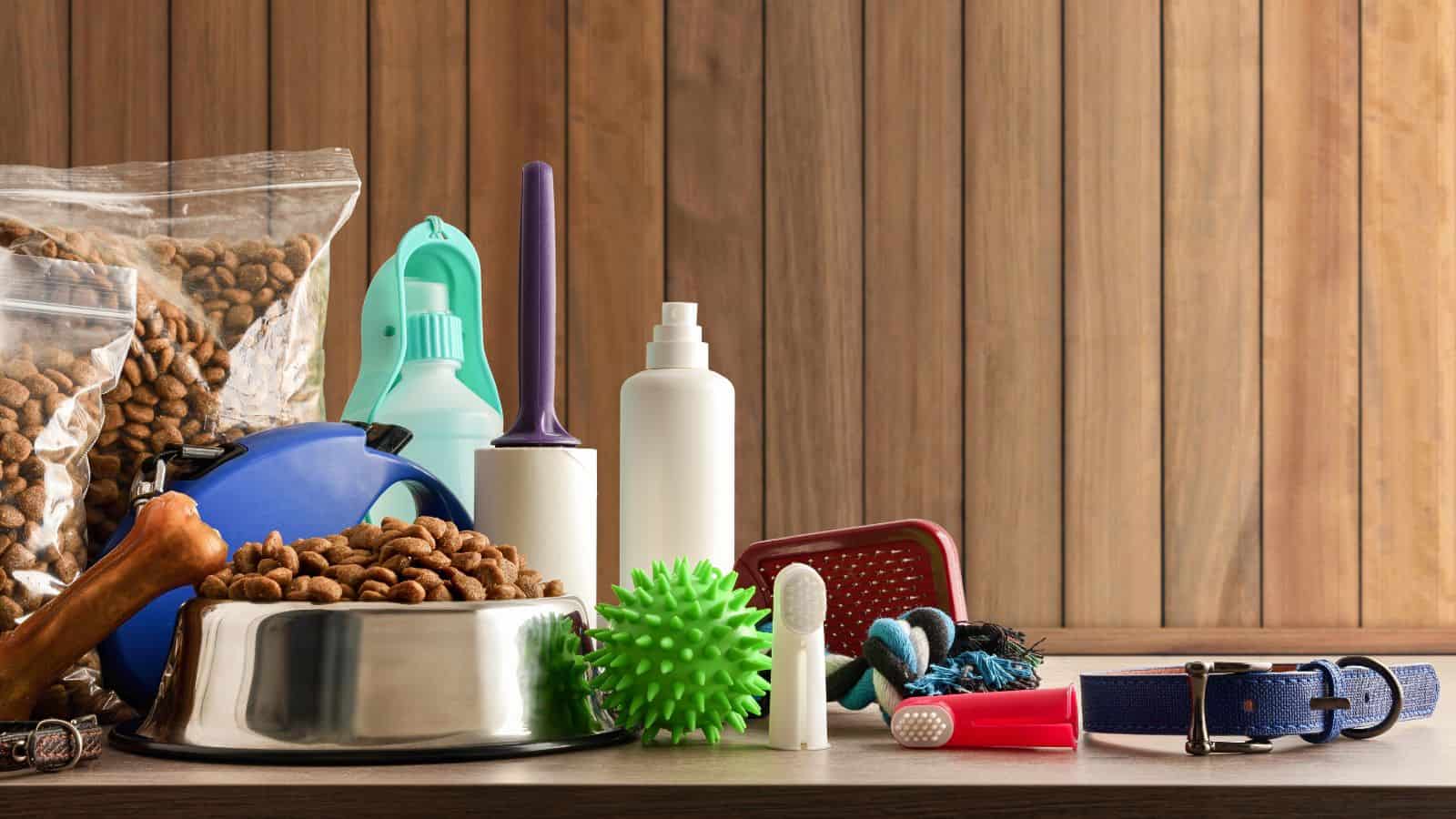
Pets usually have a small handful of favorite toys they play with regularly. They often rarely use most of the toys their owners buy for them, so excess toys can be donated to other pet owners. Pure Earth Pets also notes that they can be donated to homeless shelters, as “many homeless people have beloved pets who also need support, and this option is often forgotten or unrealized by most.”
Travel Gear
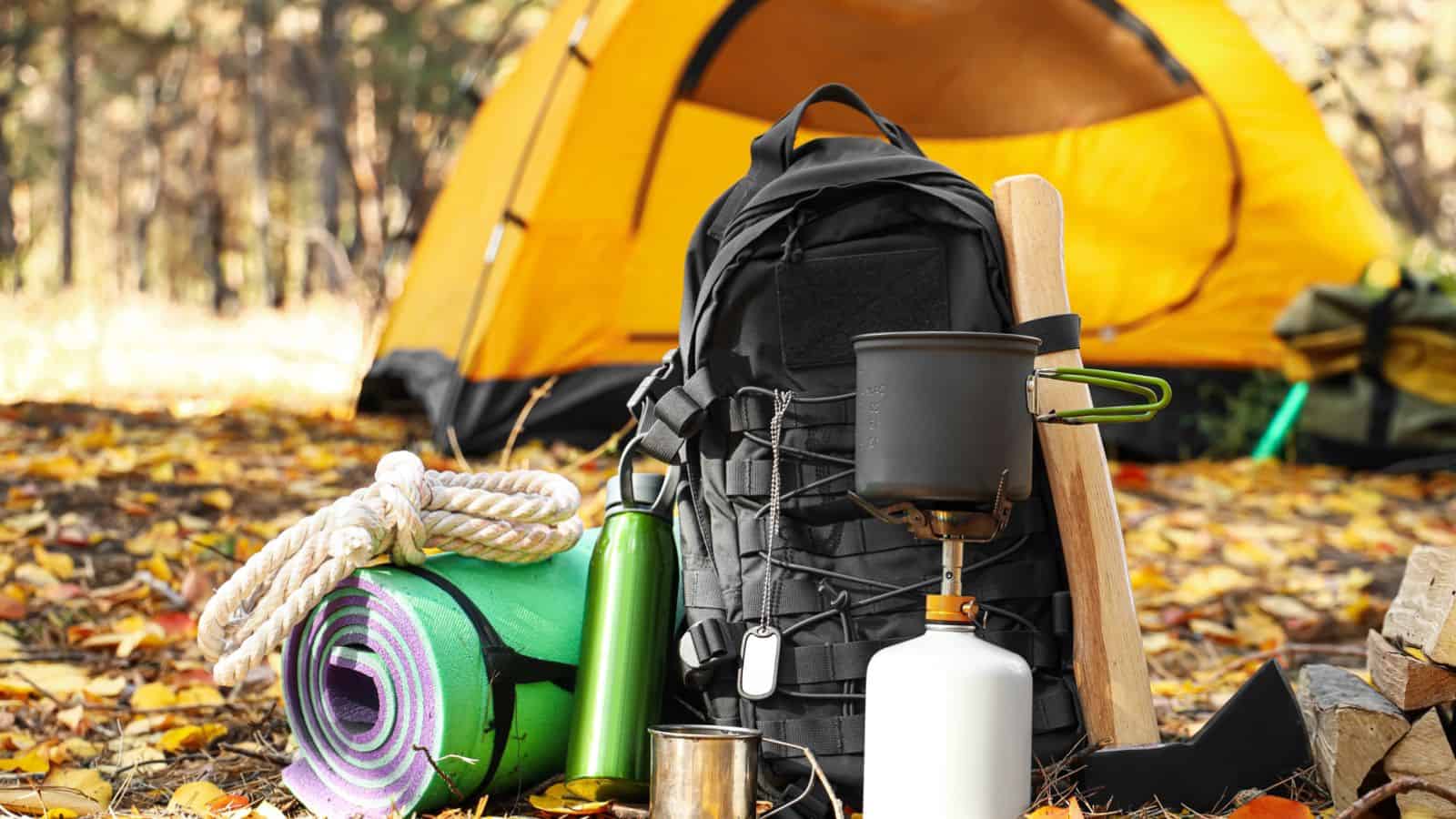
Luggage can be bulky and take up large amounts of space in your attic, basement, or storage areas. Cutting down on rarely used luggage and travel accessories will free up space and make accessing your go-to travel gear easier.
Up Next: 19 American Foods that Are Not Allowed in Other Countries

We can debate all day about who has the safest food supply in the world. Though, I’d bet you would be surprised at how many everyday American foods are banned in other countries. Most are due to chemical additives and pesticides, which, in places like the EU, cannot be approved for use unless proven safe. Let’s take a look at 19 of them.
19 American Foods that Are Not Allowed in Other Countries
19 Things That Will Happen When You Stop Drinking Alcohol

Whether you identify as an alcoholic or a casual drinker, alcohol can have a significant negative impact on your health. This is why more and more people are choosing to go cold turkey for the sake of their well-being. If you’re considering going sober but need a little more convincing, we’ve got you covered. Here are 19 things that will happen when you stop drinking alcohol.
19 Things That Will Happen When You Stop Drinking Alcohol
17 Things Guests Actually Notice Right Away About Your House

Inviting people into your home is a big deal. You may be very house-proud or house-conscious, and if you are either, you’ll likely get anxious about hosting. If this sounds like you, stop worrying and focus on the following 17 things that guests actually notice right away about your house.
17 THINGS GUESTS ACTUALLY NOTICE RIGHT AWAY ABOUT YOUR HOUSE
